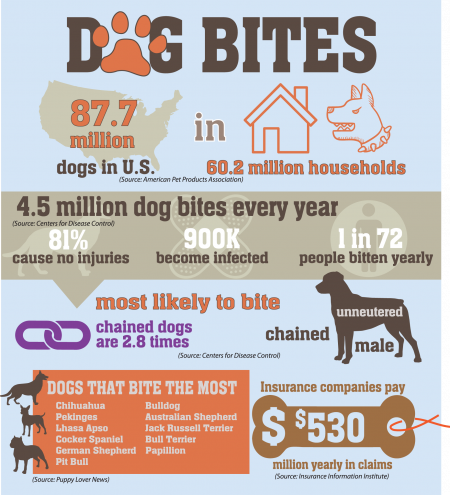Dog Daycare Temperament Testing
Dog Daycare Temperament Testing
Blog Article
Can Pet Dog Childcare Reason Health Problem?
Canines in daycare receive great deals of exercise, socializing with other dogs and one-of-a-kind experiences. This can be specifically practical for young puppies and canines with behavior problems.
There are several legal considerations you need to take into consideration when beginning a dog daycare company. These include the framework of your service and conformity with government policies.
1. Dog Distemper
Canine distemper is spread out via straight contact with the physical liquids and waste of an infected dog, however it can likewise be sent using common water and food bowls or via air-borne beads. This highly contagious illness is most harmful for puppies, but it can affect canines of any type of age and is deadly for a lot of if left unattended.
First signs and symptoms of canine distemper often mimic a common cold, including runny eyes and nose with watery or pus-like discharge. As the illness advances, a canine will develop fever, coughing, reduced appetite, throwing up and looseness of the bowels. The infection can likewise assault the nerve system, leading to seizures, jerking and partial or total paralysis.
Respectable childcares minimize direct exposure to infection by needing inoculations, regular health examinations and comply with stringent hygiene protocols. If your pup appears extremely exhausted or limping, a day of rest may help him recover, yet you must stay clear of taking him back to childcare up until these signs improve.
2. Kennel Coughing
Kennel cough, likewise referred to as contagious canine tracheobronchitis or Bordetella, is an extremely infectious viral or bacterial illness that affects the respiratory tract. It's generally moved via the exchange of saliva or air beads that an ill pet dog exhales. Social pet dogs are at higher danger for infection due to their frequent interaction with one another, such as when they play, share food or water, smell each other or just satisfy in a crowded setting like a pet park or day care.
The most common symptom of kennel cough is a relentless and strong coughing that sounds like something stuck in the throat or retching. Often, pets will certainly spend foamy white phlegm. If left neglected, a canine can develop pneumonia and go to severe danger for life.
A respectable day care facility need to have rigorous cleansing and cleanliness protocols, disinfect all toys, food and water bowls routinely, and be open about their inoculation policies. Keeping your pet as much as date on their vaccinations, especially for bordetella and canine flu, will greatly reduce their opportunities of getting the disease.
3. Parvovirus
Canine parvovirus, or parvo, is a highly transmittable viral health problem that can be lethal for young puppies and young adult pets with bad body immune systems. It's most generally spread out by direct contact with contaminated pet dog feces-- which can happen when dogs smell, lick, or taste contaminated feces-- and indirectly from polluted people, things, or atmospheres (like kennels, brushing spaces and lawns). Pups and pet dogs without complete inoculation histories are specifically vulnerable to parvo.
The virus is exceptionally durable, surviving in the atmosphere for up to 9 years, and can easily be moved between pet dogs by contact via feces or on shoes, apparel, and bed linen infected with parvovirus. If not dealt with promptly with IV fluids, electrolyte equilibrium, vomiting control medicines and antibiotics to avoid second bacterial infections, a pet will quickly dry out and develop dog kennels near me extreme diarrhea, which causes shock and sepsis. Parvo is tough to cure when a dog has actually become ill, however with ideal veterinary treatment, numerous pups do endure this disease.
4. Pooch Influenza
Pooch influenza infection is very infectious and spreads via direct get in touch with, sharing food and water bowls, licking or nuzzling various other canines, via airborne beads, and through infected surfaces. Vaccination works in reducing the danger of infection and episodes.
Most impacted pets develop a moderate respiratory system infection with a cough that lasts 1-3 weeks. They may additionally have nasal and ocular discharge, sneezing, and lethargy. Several of the most major instances result in pneumonia and a high fever.
If your canine shows any of these symptoms, do not bring them back to day care till they are healthy. If your pet dog is revealing signs of severe exhaustion or limping, speak to your vet right now and make certain they get on good health supplements to help develop their resistance. A vet will assess your pet dog for signs and symptoms of the flu by taking a sample from the nose or throat, and blood tests can be done to verify.